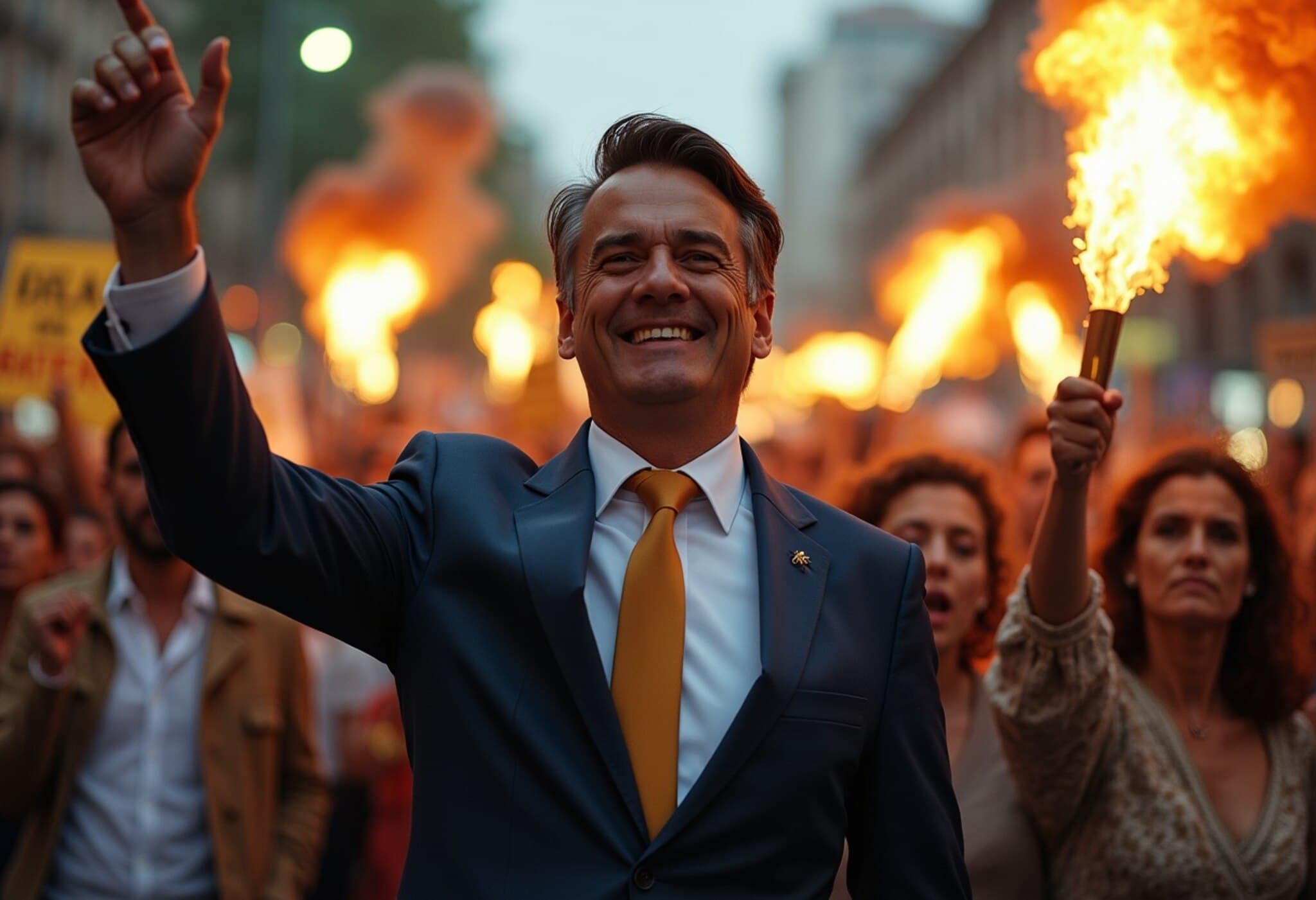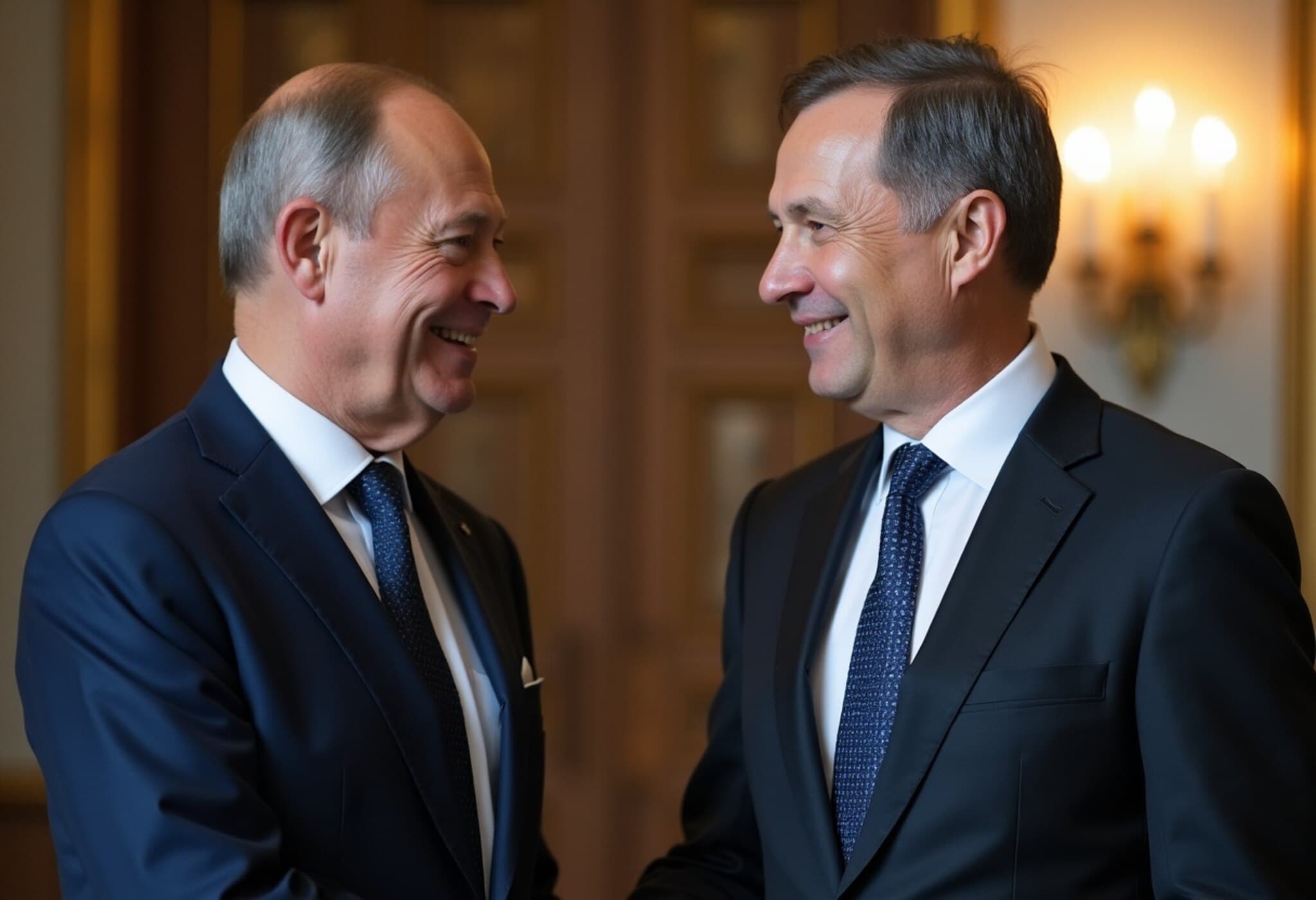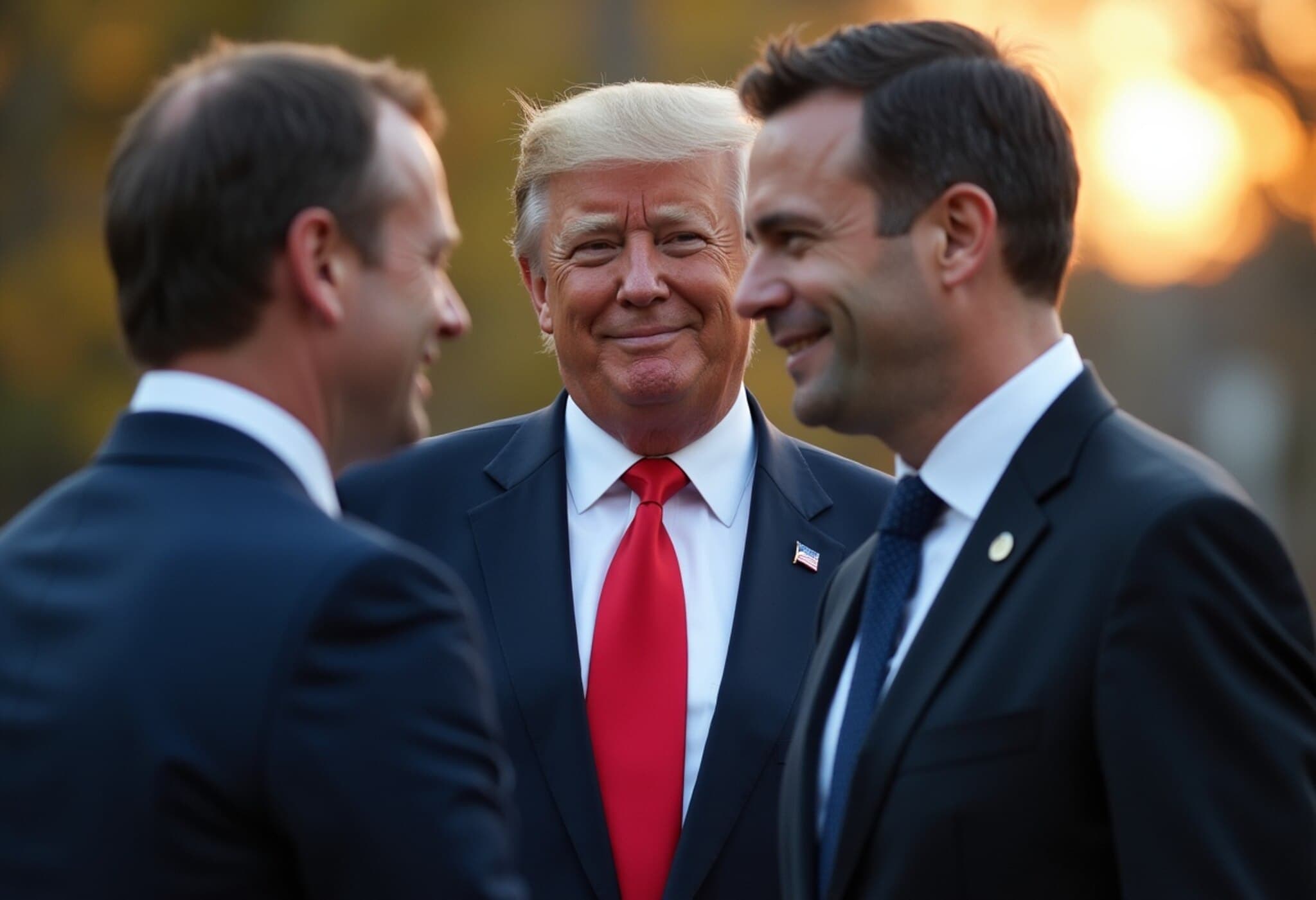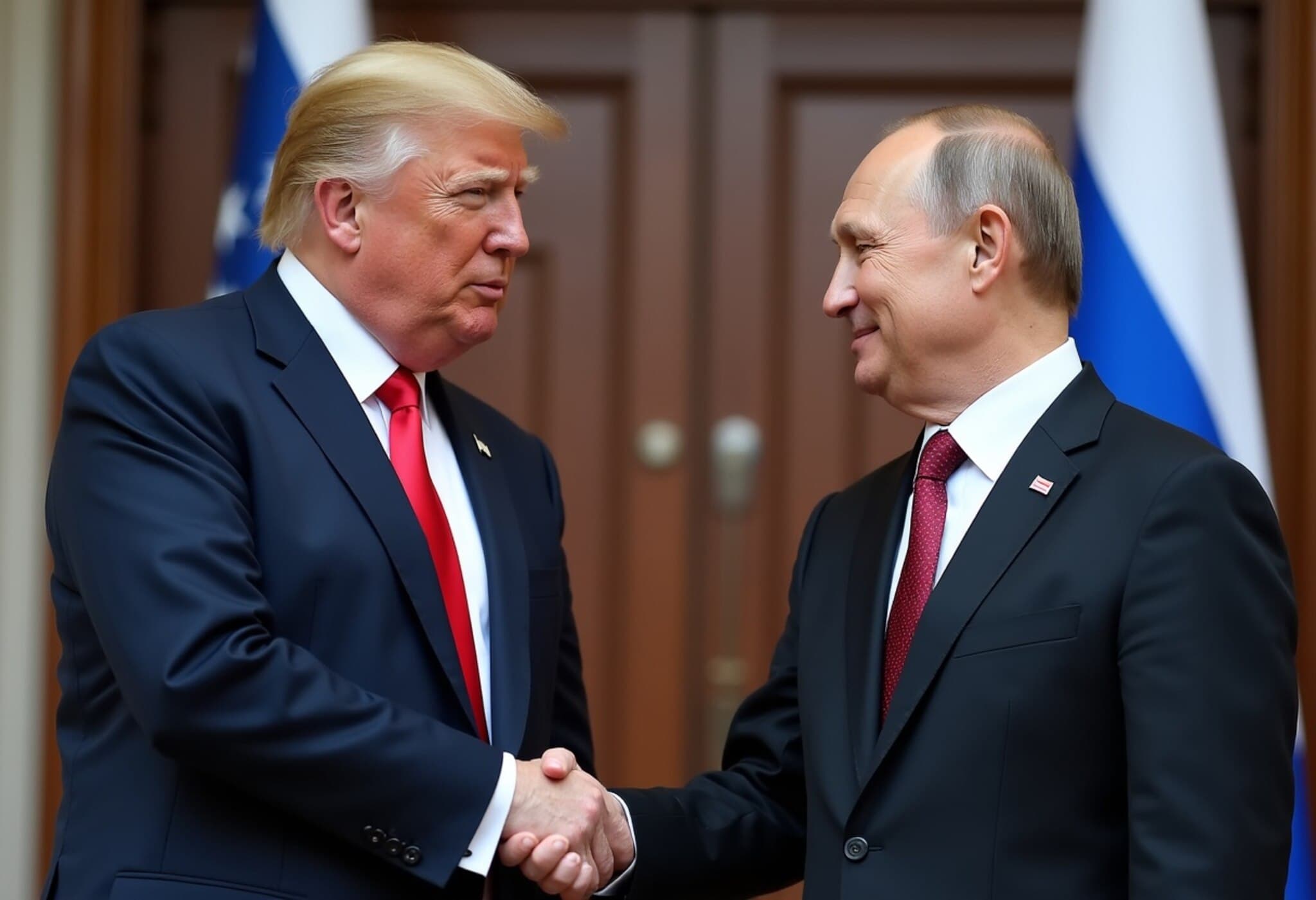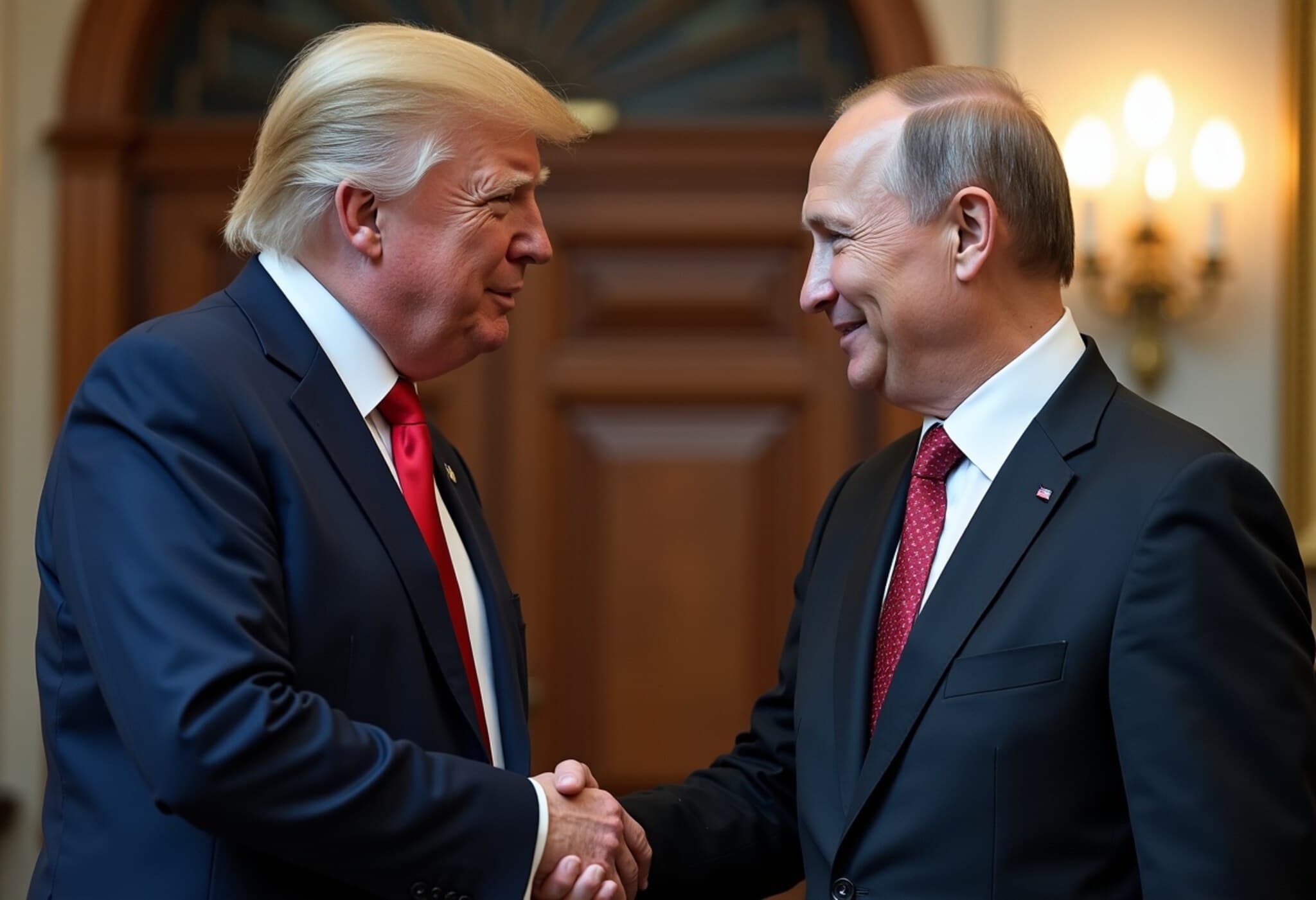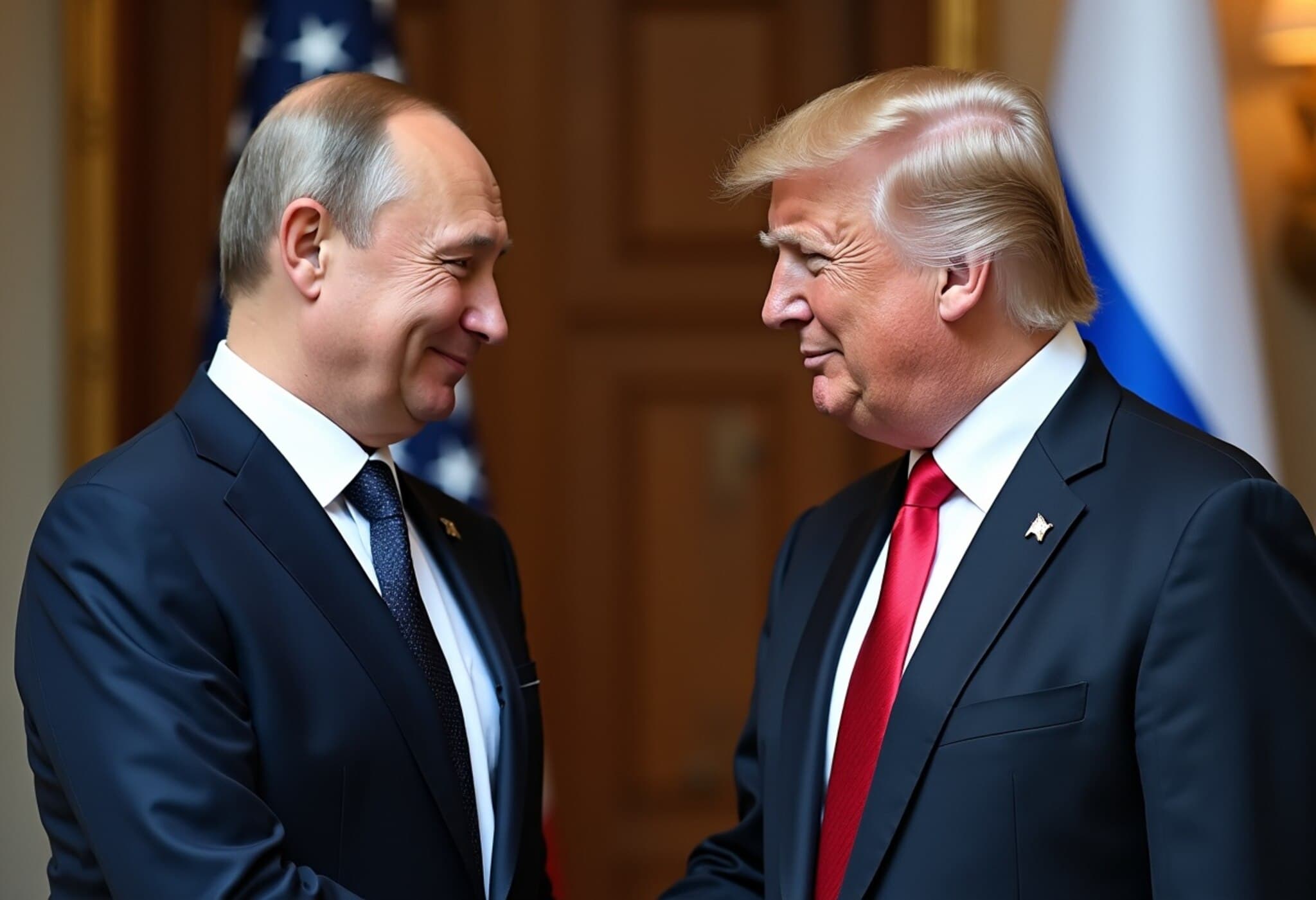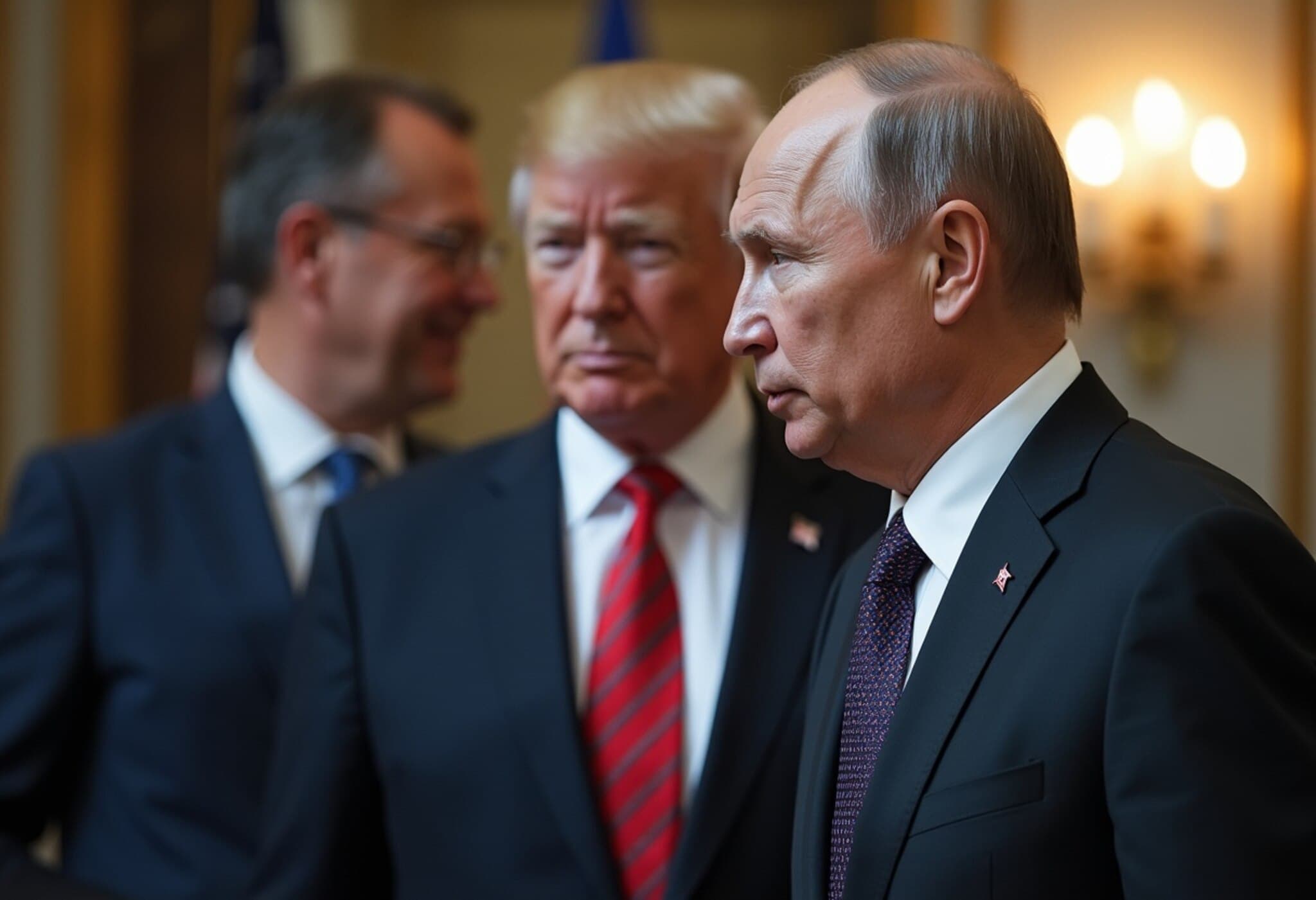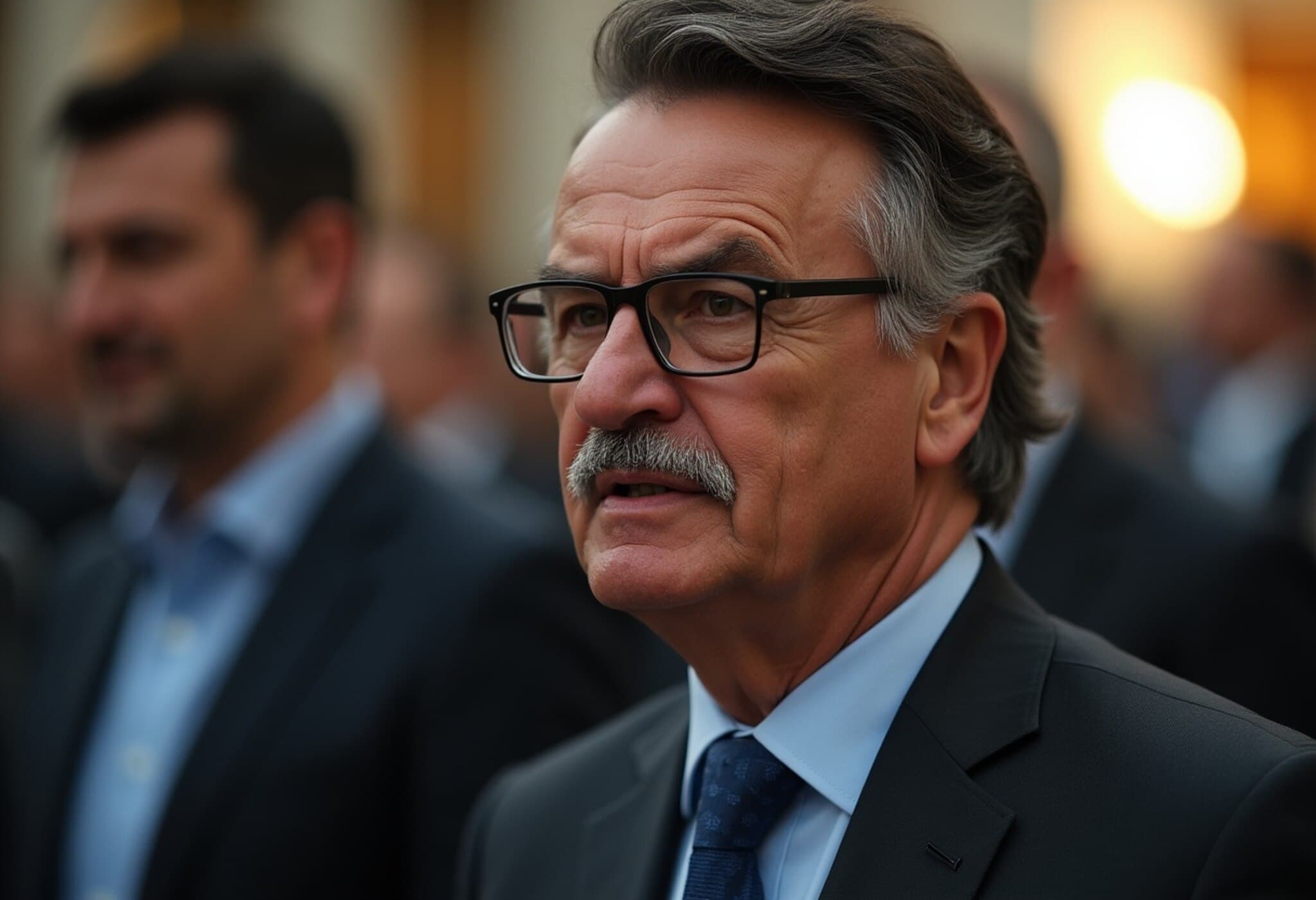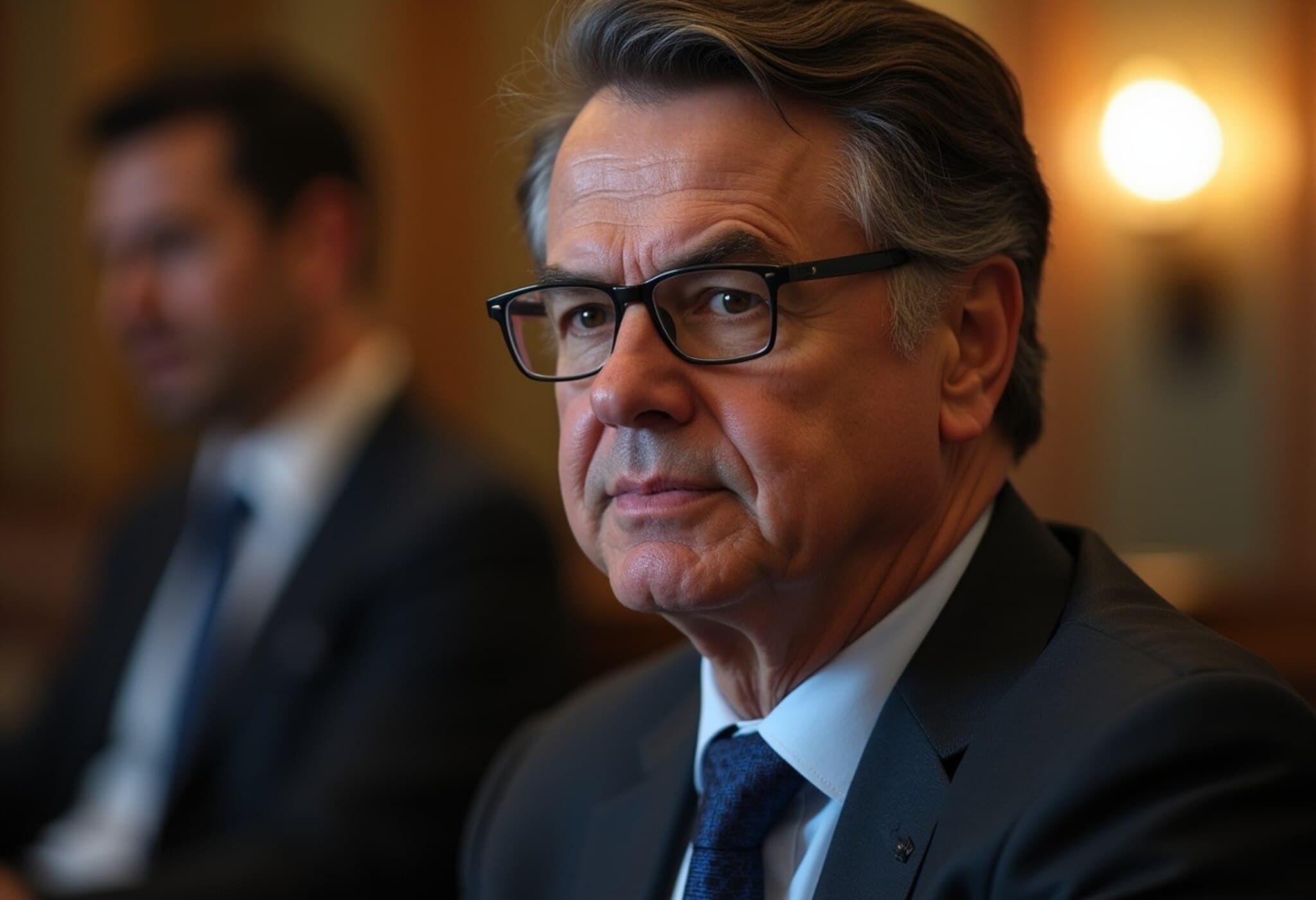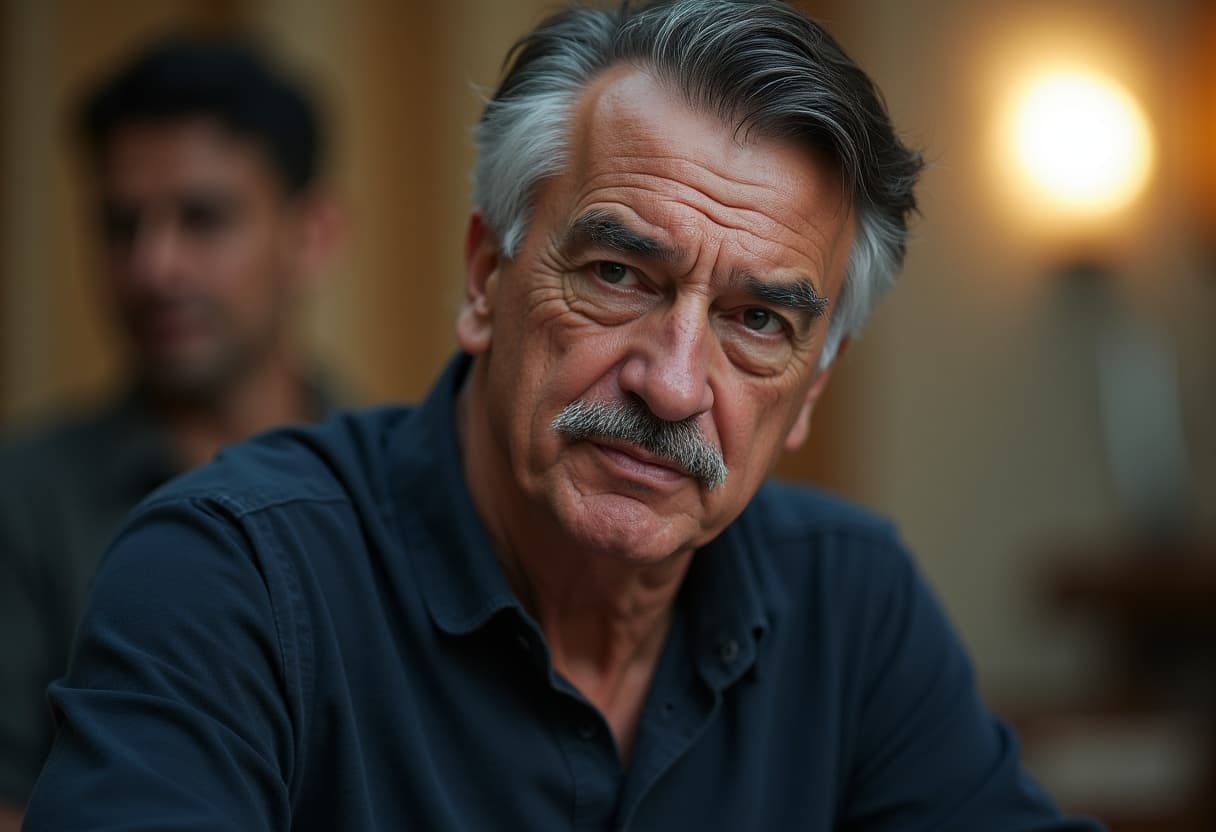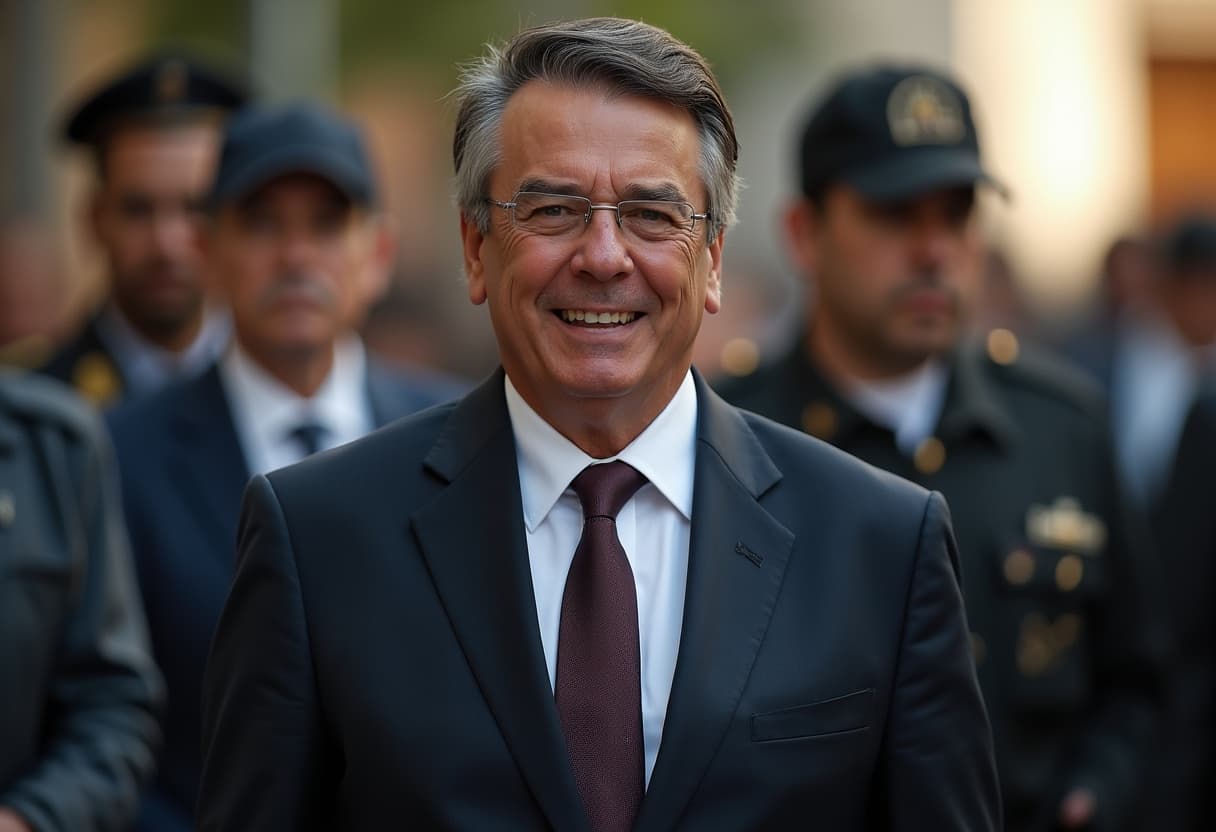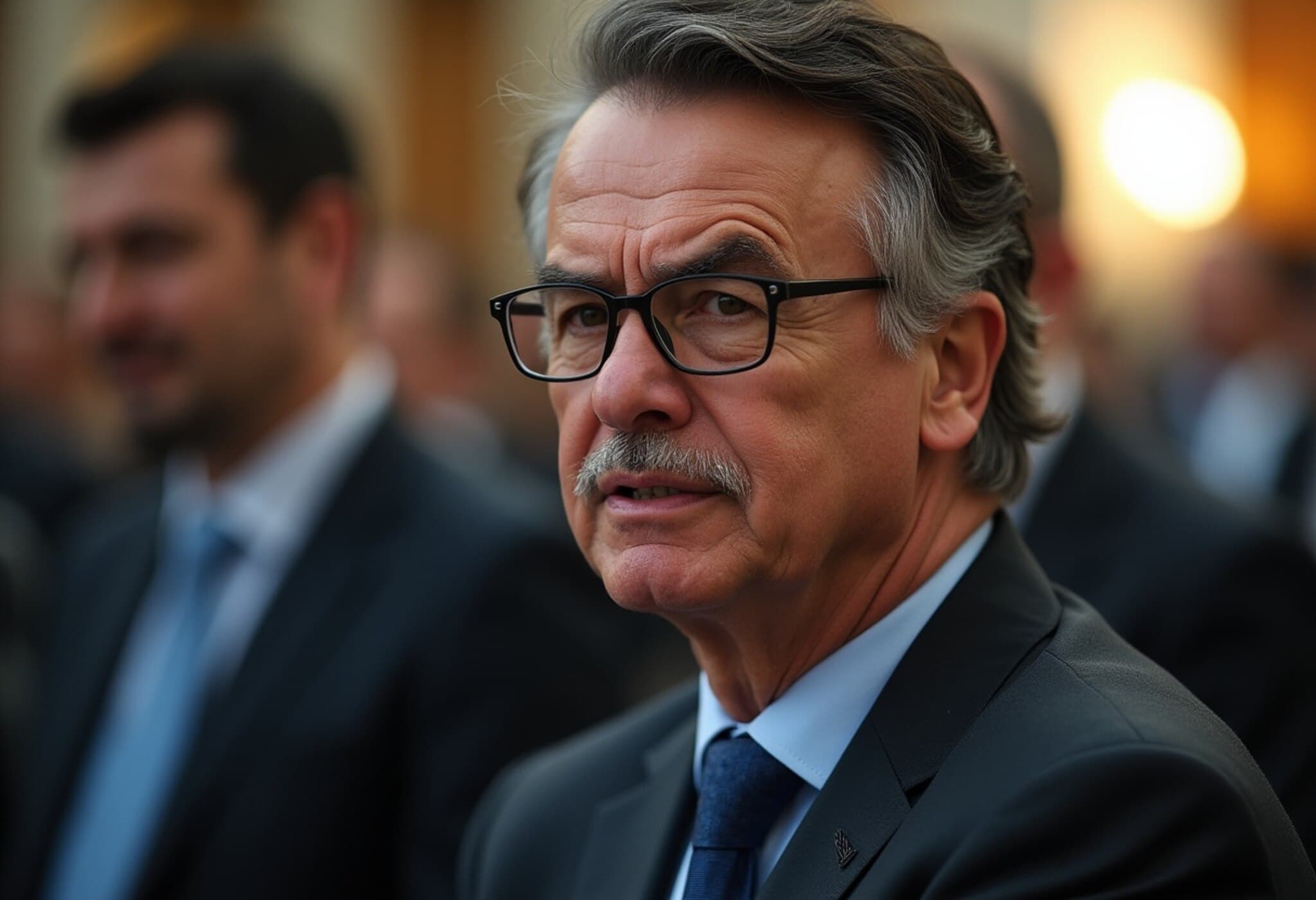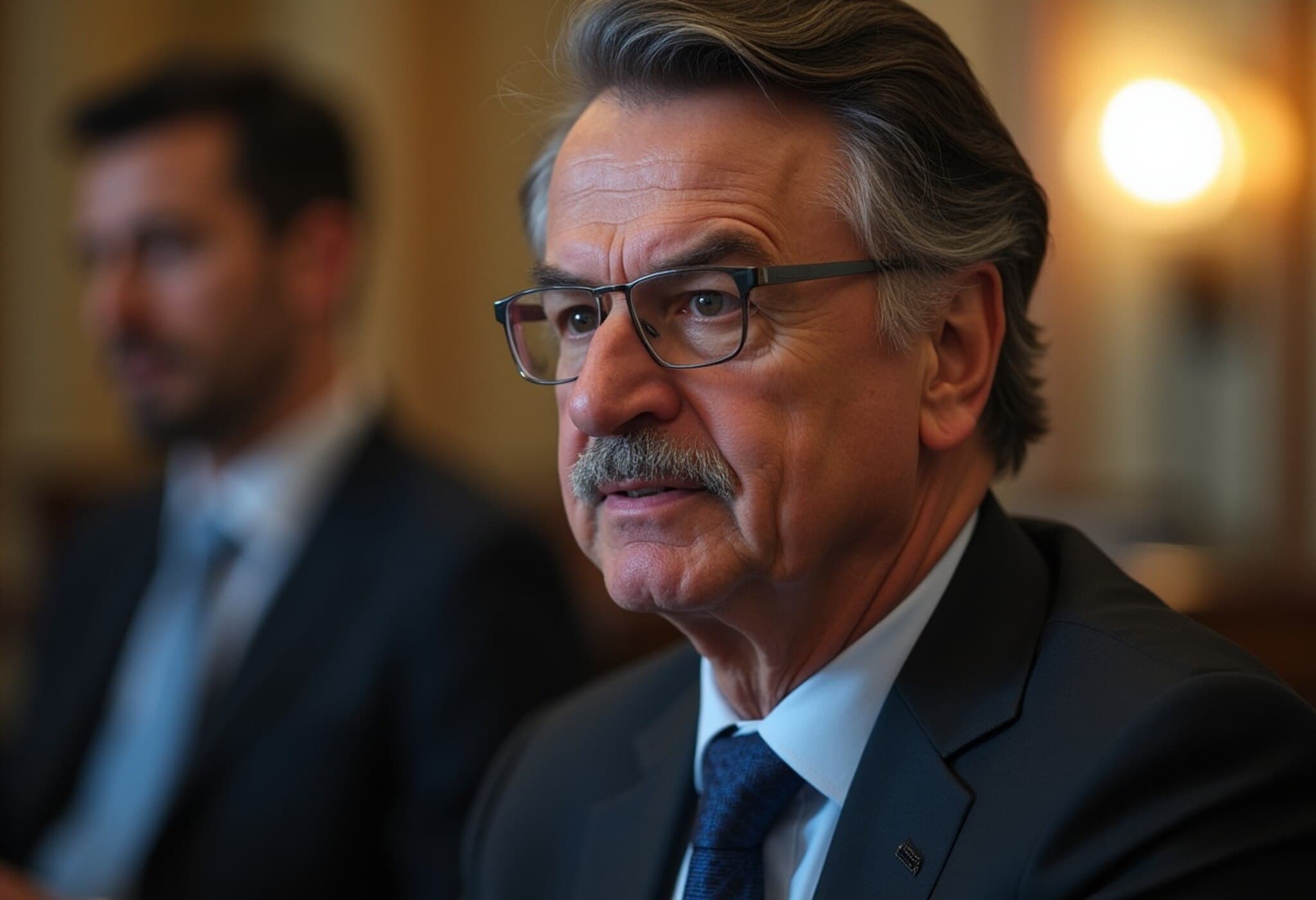Brazilians Take to Streets Amid High-Stakes Bolsonaro Trial
On Brazil’s Independence Day, September 7, 2025, the nation found itself at a pivotal crossroads. Thousands flooded the streets in a wave of protests either backing or condemning former President Jair Bolsonaro, as his trial on attempted coup charges reaches its climax this week. The demonstrations, largely peaceful yet charged with political fervor, underscored Brazil’s deep divisions and the high stakes of a case that could reshape the country’s democratic landscape.
Massive Rallies Highlight Bolsonaro’s Lingering Influence
Across metropolitan hubs like São Paulo, Rio de Janeiro, and Brasília, sharply contrasting crowds marched under vivid national and foreign flags, reflecting the polarized public sentiment. Bolsonaro supporters — many waving Brazilian and American flags — protested vehemently against what they perceive as a politically motivated prosecution, arguing that the charges stem from the contested 2022 election aftermath. Opposing them, left-leaning demonstrators called for Bolsonaro’s conviction and denounced what they see as an ongoing threat to Brazil’s democracy.
Aerial footage captured by multiple media outlets revealed a notable numerical edge for Bolsonaro’s supporters, indicating that despite legal pressures and waning international support, he remains a potent and mobilizing figure in Brazil's political arena.
Contextualizing the Trial: A Test for Brazil’s Democracy
The trial scheduled to conclude this week in Brazil’s Supreme Court is not just a legal proceeding but a profound test of Brazil’s institutions and democratic resilience. Bolsonaro faces charges related to his alleged attempt to undermine Brazil’s electoral system and subvert constitutional order — accusations carrying a potential prison sentence exceeding four decades.
This moment invites reflection on the fragility of democratic norms and the challenges faced globally in holding former leaders accountable without exacerbating societal fractures.
The International Dimension: U.S. Pressure and Its Consequences
Complicating the situation further are the diplomatic tensions between Brazil and the United States. Former U.S. President Donald Trump has exerted considerable pressure on Brazilian officials to dismiss the charges against Bolsonaro. Measures including 50% tariffs on Brazilian imports and sanctions targeting the Brazilian Supreme Court justice presiding over the trial have been employed in an unprecedented bid to influence judicial outcomes.
However, these heavy-handed tactics appear to have backfired, bolstering support for Lula da Silva — Bolsonaro’s left-wing rival — while galvanizing the Brazilian judiciary to proceed undeterred. This tangled web of international interventions raises critical questions about sovereignty, the rule of law, and the role global powers play in domestic political affairs.
What Lies Ahead for Brazil?
The outcome of Bolsonaro’s trial will resonate far beyond the courtroom. It poses pivotal questions: Can Brazil navigate the storm without descending into political unrest? Will the verdict strengthen or weaken the nation’s democratic frameworks? And how will Bolsonaro’s sizeable support base respond to a potential conviction?
Observers warn that the case’s reverberations could impact regional politics in Latin America, influence U.S.-Brazil relations, and signal the broader trajectory of democracy in emerging economies confronting political polarization and institutional challenges.
Underreported Angles and Broader Implications
- Grassroots Voices: Less attention has been paid to the everyday Brazilians caught between these factions—those seeking stability, economic progress, and peace amid the political storm.
- The Legal Precedent: The trial may set a lasting judicial precedent on how democracies confront and mitigate threats posed by former leaders abusing power.
- Economic Fallout: Prolonged political instability could jeopardize Brazil’s economic recovery post-pandemic, impacting trade partnerships and investor confidence.
Editor’s Note
As Brazil stands on the brink of a historic verdict, this moment serves as both a crucible and a mirror for democracy’s resilience in the 21st century. The fervor in its streets reflects deep-rooted societal fractures, but also the indomitable spirit of a nation grappling with complex questions of justice, accountability, and national identity. Readers are encouraged to consider not just the legal dimensions but also the broader geopolitical and human narratives at play, reminding us that democracy is as much about people as it is about institutions.

